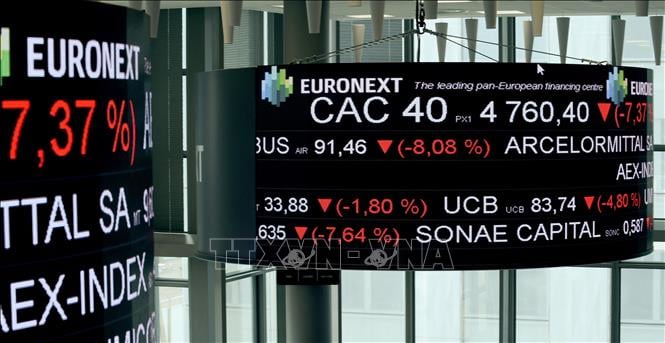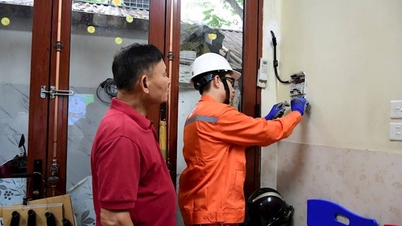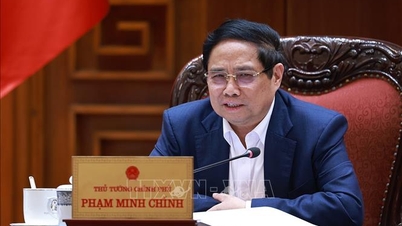
The CAC 40 index of major stocks fell 1.7% around 11 a.m. local time, after falling more than 2% at one point immediately after the announcement. French banks BNP Paribas, Société Générale and Crédit Agricole all fell more than 4% in mid-day trading.
The yield on 10-year French government bonds, which reflects the country's borrowing costs, jumped to 3.61% before falling slightly to 3.57%. If yields exceed 3.6%, French debt could "become the target of large-scale speculation, adding to market instability," said Antoine Andreani, head of research at trading platform XTB France.
The yield spread between French and German bonds, a key measure of France’s credit risk relative to Germany, rose to a nine-month high of 89 basis points from 81 the previous day. “The resignation of Mr. Lecornu has thrown the political landscape into uncertainty. Investors are worried about the domino effect on economic and fiscal policy,” Andreani added.
Meanwhile, Jack Allen-Reynolds, deputy chief eurozone economist at Capital Economics, said: “A divided parliament makes it almost impossible to pass a budget to reduce the deficit. With government borrowing above 5% of GDP and public debt rising, the risk premium for French bonds will continue to widen,” meaning the gap between French bond yields and German bond yields of the same maturity will increase.
On the same day, Germany announced that the resignation of French Prime Minister Sebastien Lecornu does not affect the ability of Europe or Germany to act. German Government spokesman Stefan Kornelius emphasized: "A stable France is also an important factor contributing to the stability of Europe" and affirmed that "there is no reason to doubt that France is still stable".
Meanwhile, far-right French presidential candidate Marine Le Pen called for early parliamentary elections, after Mr Lecornu resigned just hours after announcing his new cabinet. Ms Le Pen, leader of the National Rally (RN) party, affirmed: "Dissolving the National Assembly is an absolutely necessary action"; at the same time, she said that President Emmanuel Macron's resignation "would be a wise decision", although the Élysée Palace boss had previously dismissed this possibility.
President Macron appointed Mr. Lecornu as Prime Minister last month, marking the shortest term in modern French history. The cabinet, announced by Mr. Macron on the evening of October 5, is largely unchanged, headed by Prime Minister Lecornu, in an effort to pull the country out of political deadlock and has faced fierce criticism from both the opposition and within France.
Mr Lecornu faces a tough task in winning support in a deeply divided parliament for next year’s austerity budget. His two immediate predecessors, François Bayrou and Michel Barnier, both left office amid similar budget impasses.
Source: https://baotintuc.vn/thi-truong-tien-te/chung-khoan-phap-lao-doc-sau-khi-thu-tuong-tu-chuc-20251006202647960.htm








































































































Comment (0)